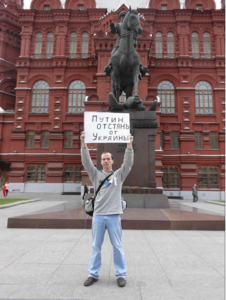The United Nations accepted two treaties in 1966, one on Civil and Political Rights and one on Economic, Social and Cultural Rights. In 1976, after 35 ratifications, they came into force. They are binding corollaries of the Universal Declaration of Human Rights. Both treaties have been ratified by around 150 states.
The International Covenant on Civil and Political Rights contains 55 articles. This Convention comes with a first Optional Protocol, which provides for a complaint procedure for individuals at the UN Committee on Human Rights, and a second Optional Protocol for the abolition of the death penalty. The UN Committee on Human Rights is a group of 18 independent experts who meet three times a year under the UN Convention. Among other things, the committee comments on the reports of the countries that are party to the treaty. Nationals of states that have signed the Optional Protocol may also submit individual complaints to this committee.
These countries have ratified the covenant on Civil and Political Rights.
 Case 1: Human Rights Defenders under attack
Case 1: Human Rights Defenders under attack
All over the world human rights defenders are increasingly under attack due to a ‘shrinking space for civil society’. A Human Rights Defender is a person who individually or in association with others acts to defend and/or promote human rights at local, national, regional or international levels, using and propagating nonviolent means.
In the past two years alone, almost 40 pieces of legislation that interfere with the right to association have been put in place or are in the works around the world. States are adopting similar legislation to silence independent and critical voices in civil society, this is also very much the case in Russia. The 2014 demonstration law states that permission must be requested for every public meeting. For one-person demonstrations you don’t need permission. However, demonstrators can get fines for other violations of the demonstration law. Those who receive a fine more than twice within 180 days risk a prison sentence.
Ildar Dadin was the first activist who ended up in jail after violating this demonstration law. Ildar protested against the annexation of the Crimea by Russia and for the rights of the LGBTI community. He demonstrated on his own, but still he was arrested, because he had been fined 3 times. The police easily find a reason for a fine, for example “You do not use the right materials,” or “You use the incorrect words on your banner”. In a summary trial Ildar Dadin was sentenced to 2.5 years in prison.
Read the following article (PDF download) and answer the questions:
Click on ‘begin toets’ to start. After you have filled in all the questions, click on ‘toets afronden’. You can then click on the ‘next chapter’ button to go to the next questions. Do you want to see your answers? Then click on ‘bekijk vragen’.
